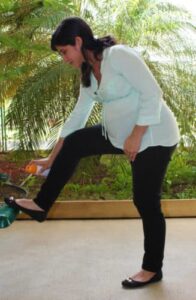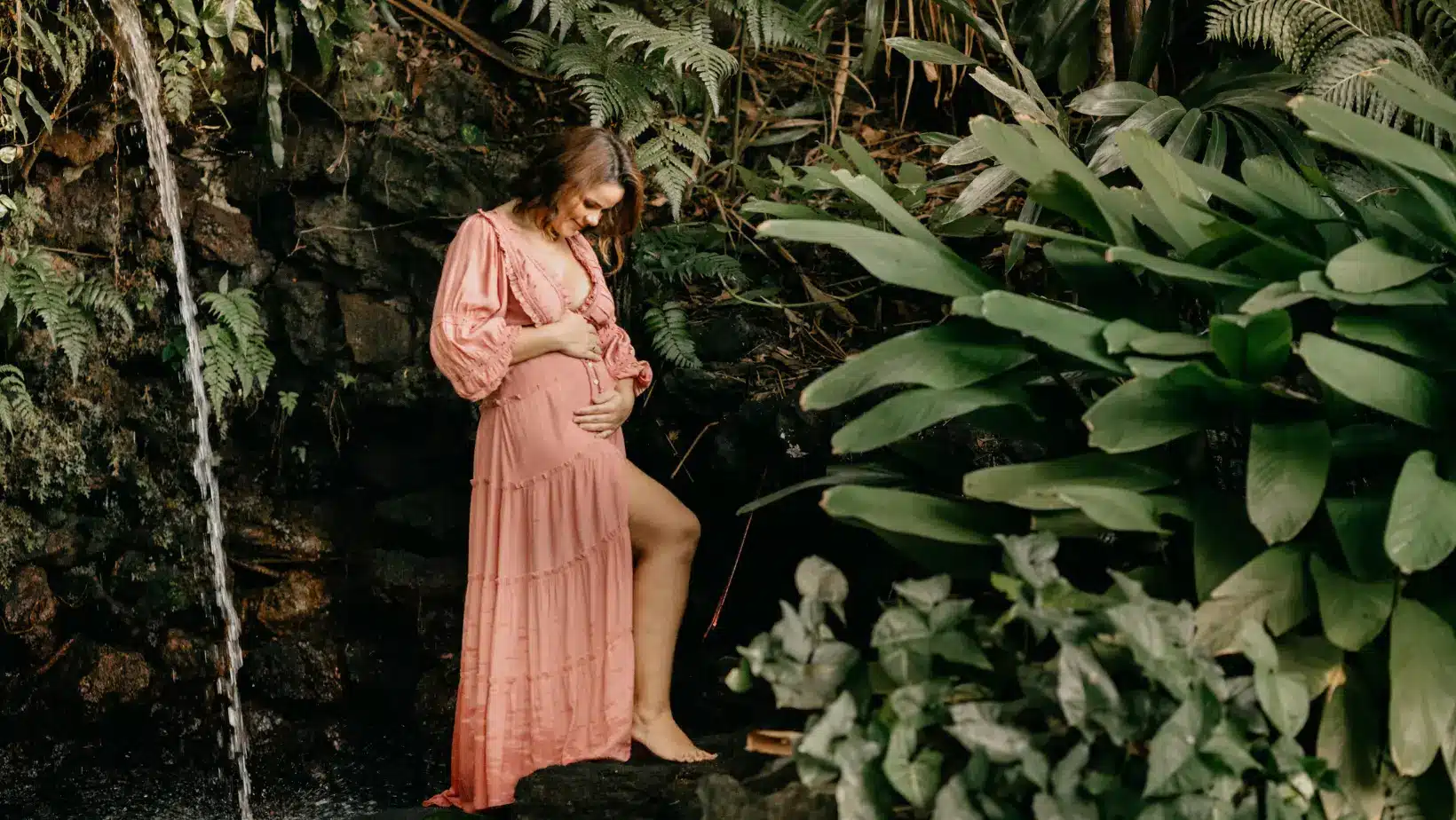To learn more about repellents, go to How to Use a Repellent (or Insecticide) for Insects, Mosquitoes and Ticks.
Article updated on July 2023.
Insect repellent products are numerous and contain active ingredients that repel mosquitoes and ticks. It’s very important to choose them according to the recommendations for your age group, then follow the manufacturer’s instructions for use, and be aware of the limitations of each product too. When you no longer need protection, wash your skin with soapy water.
Here are a few products, detailed in an official document from INSPQ and Santé-Canada:
1. DEET (N,N-Diethyl-3-methylbenzamide): the most common
DEET has been used in North America since the 1950s. DEET has an approval number from Health Canada meaning that it has been certified safe. If the concentration is between 5-30%, no more, Health Canada states that DEET is a good choice for the general population. Use should not be for prolonged periods.
Quebec adds clear directives about precautions that should be taken when using repellent products like DEET.
 Some scientists have said that pregnant women should not use DEET, but after verifying this with pregnancy pharmacologist experts and the INSPQ, using a product with a maximum of 30% DEET is safe for pregnant women.
Some scientists have said that pregnant women should not use DEET, but after verifying this with pregnancy pharmacologist experts and the INSPQ, using a product with a maximum of 30% DEET is safe for pregnant women.
According to CHU Sainte-Justine’s guide to medications allowed during pregnancy and breastfeeding, a breastfeeding woman can protect herself with a mosquito repellent with a maximum DEET concentration of 30%, used on exposed skin only, with a maximum of two applications per day. This product should be effective for 6 hours or less.
Using a Product with DEET
The recommended concentration depends on age:
- 10% concentration provides 3 hours of protection, 30% offers about six hours of protection
- Children under six months of age: no mosquito repellents applied to the skin. Spray their clothing to avoid skin contact.
- Children from 6 months to 2 years old: products with a maximum DEET concentration of 10%, and only once per day
- Children from 2-12 years: concentration of 10%, no more than three times a day, which is safe and effective
- Children over 12, adults, including pregnant and breastfeeding women: products with a maximum DEET concentration of 30%
Examples of DEET-based products on the market with concentrations between 10-30%:
- OFF!
- Muskol
- Watkins
- Selection brand with 5% DEET is safe for 6-12-month-old children
- Ben’s: wipes with 20% DEET and vaporisers often with 30%. Always check the concentration before use
Possible DEET inconveniences:
- Skin and eye irritation
- Headaches
- In rare cases, convulsions and central nervous system damage
2. Icaridin, also known as picaridin or KBR 30232.
Even if DEET is the most common, there is another chemical molecule that is just as effective as DEET which comes with fewer inconveniences. The Public Health Agency of Canada prefers the use of this molecule for children between 6-12 months, rather than DEET..
You should know that icaridin is also safe for pregnant and breastfeeding women if the concentration is below 20%. This applies to children between 6 months and adulthood.
Products that contain 10% icaridin will be effective for 3-5 hours. The 20% version will protect from 8-10 hours.
- OFF!
- Ungava
- Piactive
3. Citronella
Should be avoided with children under two, pregnant and breastfeeding women.
The use of citronella oil-based insect repellents offers very little protection, and only for a very short period, i.e. less than an hour.
Few products are approved for use on ticks, and their effectiveness is limited.
4. p‑Menthane‑3,8‑diol, also known as lemon eucalyptus
Never use this product with pregnant women and babies under three years of age.
It is effective for about two hours. This product is recommended after DEET and icaridin.
It protects under five hours and should be applied twice a day maximum.
5. Permethrin
Never use on the skin, but can be sprayed on mosquito nets, camping equipment and clothing.
6. Soybean Oil
With a concentration of 2%, soybean oil can be applied to children older than two years, but not on pregnant women. It is effective for about three hours and offers no protection against ticks.
7. Other mosquito repellents
There are organic and natural alternatives for mosquito repellents. The ingredients are often citronella, eucalyptus, soybean oil and lavender.
There are even fragrant bracelets that will repel insects.
All citronella, lavender and eucalyptus oil-based products, or those that smell like citronella, are not recommended by Health Canada for children under two years of age, as their effectiveness is too short (20-30 minutes), and there is little research about their effects after use. Many have noted skin reactions and severe irritation after application.
Health Canada also strongly advises against using electronic and ultrasound devices and bracelets or necklaces that contain repellents.
To learn how to apply mosquito repellent, go to How to Apply Mosquito Repellent Safely.


